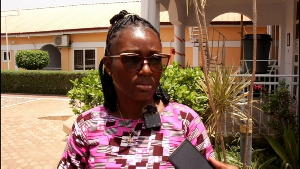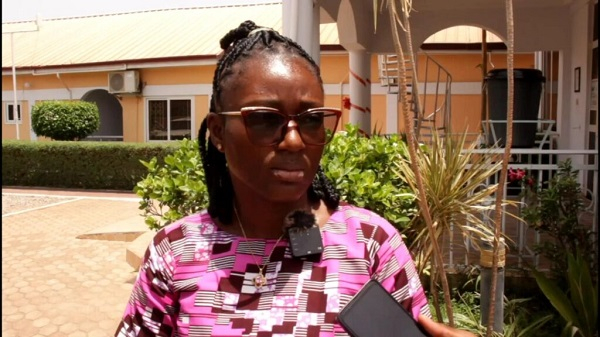 Rita Basaaking is the Executive Secretary of KCEED
Rita Basaaking is the Executive Secretary of KCEED
The Supplemental Education Intervention (SEI) Programme has been launched to enhance academic performance in eight pre-tertiary schools in the Upper West Region.
The initiative is a collaborative effort between Keillo Community Education Economic Development (KCEED), the Rotary Club of Wa, the Johnson City Afternoon Rotary Club (USA), and the Ghana Education Service (GES). It aims to benefit over 2,500 students.
The beneficiary schools include Kanton Senior High School, Hilla Limann Senior High School, Funsi Senior High School, and Tumu Senior High School. The remaining schools are Lambussie Community Senior High School, Holy Family Senior High School, Piina Senior High School, and Dafiama Senior High School.
Rita Basaaking, the Executive Secretary of KCEED, stated that the SEI Programme is designed to empower underprivileged youth with access to tertiary education opportunities, including universities, training colleges, and business ventures.
“We know that the road ahead to achieve the SEI Programme’s goal, doubling the WASSCE success rate, will not be easy. However, we are confident that, together, we can make a lasting difference in the lives of the students and communities we serve,” she said.
In a post shared by 3news.com on X, Rita further emphasised that education is a fundamental human and economic right.
She noted that the programme aims to correct the injustice of many being denied access to its transformative benefits.
Dr Zakaria Al-Hassan Balure, the President of the Rotary Club of Wa, expressed optimism about the partnership’s potential to provide critical resources and support to enhance student outcomes.
The Regional Director of Education, Abdul Razak Korah, also commended the initiative, noting that six of the eight selected schools are among the 13 priority schools in the region that require urgent support.
The SEI Programme seeks to provide teacher training, school supplies, examination materials, and other resources to help students better prepare for the West African Senior School Certificate Examination (WASSCE).
The programme is expected to run for two years, with the overarching goal of significantly improving WASSCE pass rates in the region.
MRA/AE
Meanwhile, catch the first in the series of our special episodes on Forgotten Forts on People and Places on GhanaWeb TV below. This episode focuses on Fort Amsterdam at Abandze:


